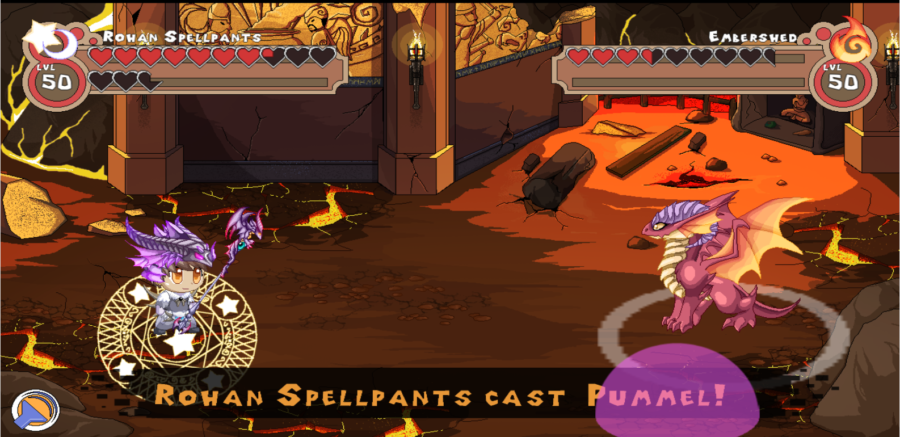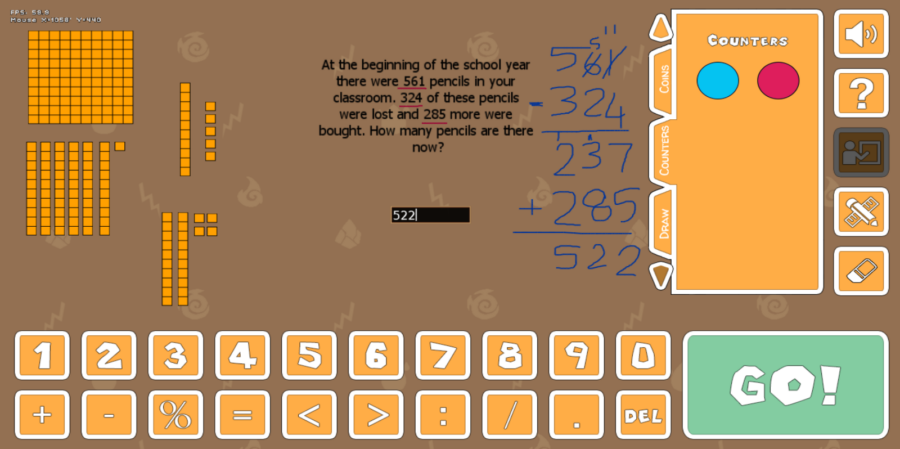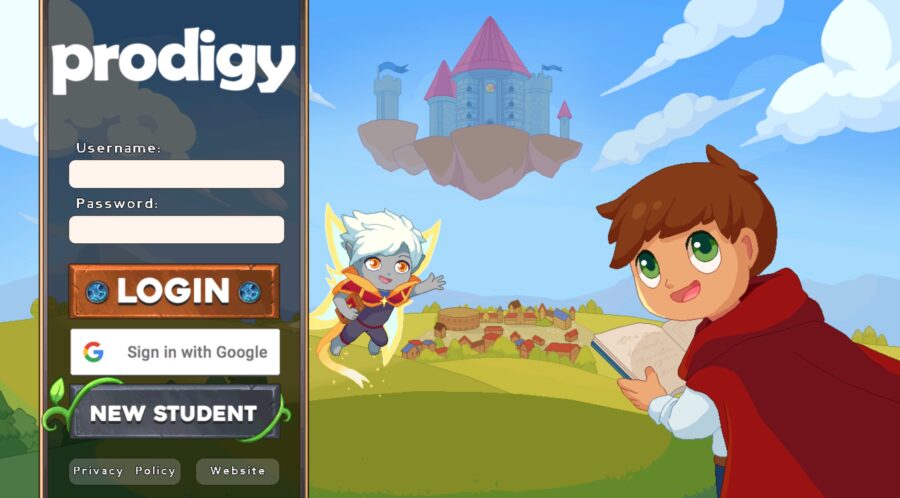Prodigy Math Games For Kids: Get It Free And Easy To Use
Prodigy math games seem to have accomplished what many teachers find difficult: Keeping kids engaged.
Math. One of the unspeakable four-letter words. With Common Core becoming the math standard in 41 states and also including four territories, the District of Columbia and the Department of Defense Education Activity, Math has become one of the most critical components of a child’s education. Keeping kids interested in Math, though, has always been a challenge. Today’s child is used to getting things fast. Fast food, a billion TV-watching options at their fingertips, and video games to name a few. So, when it comes to being taught math, the pace is less than ideal. Enter the Prodigy’s Math Games for kids.
What Are Prodigy’s Math Games For Kids?
Prodigy is a math teaching and learning platform co-created by Alex Peters and Rohan Mahimker. The idea behind Prodigy was hatched by the two during a fourth-year project at the University of Waterloo. In their eyes, too many young kids get turned off by the rigors of math and the way it is being taught. While Peters doesn’t lay the blame on the teachers, he feels in general, teaching and learning math has issues. “There are a lot of systemic problems with our math education…” Peters told The Future Economy. Prodigy is, they hope, the next step in math teaching and learning evolution.
Prodigy math games lean on what today’s kids love most: Video games. Its target audience is first grade through eighth grade and the program speaks directly to that age group. Think of Prodigy like a Pokemon-style RPG (role-playing game) that teaches math. It puts the user directly into the game as a wizard who can gain more power, learn more spells, conquer higher levels, gain more equipment to take on more powerful opponents — all by answering math questions. Because Common Core is the overwhelming standard taught in schools across the U.S., the Prodigy: Math Learning Platform is designed to teach kids Common Core through its use of wizardry and adventure.

The “game” is set for each level of student. It has over 50,000 math questions and covers over 1,400 math skills for 1st-8th grade. Creating an account in Prodigy is simple and free. A username and password will get you started, though a parent’s email address is also required. After that, pick your avatar and give it a name. You will then be put through a placement test that helps determine the appropriate level to start. After this, a friendly creature arrives to take you through the game. Kids enter a fantasy world where they will battle monsters. To defeat the monsters, the child will have to answer a math question to gain a spell. The math questions are designed for whatever grade level and skill level the child is at. The more correct answers the child gives the more coins, spells, and other rewards they earn. If a child cannot answer the question, the game gives hints to help the child along.
Advancement in the game comes with success. Prodigy Math Games are adaptive, using a proprietary algorithm to get the student their appropriate material. The game will know if a child is ready to move along and conversely if a child is struggling, it will bring them back so they can practice and strengthen their knowledge so they can move on.
Prodigy Math Games Used In Schools
While it may seem as such, Prodigy is not simply a game to play on an app or for a child being homeschooled (though both are options). Prodigy math games are being used in schools all across the country. Dr. Debby Noffsinger , an Elementary mathematics specialist agrees with its use. “Students love to practice through Prodigy. (Their) skills improved through the use of the application. We have many students that choose to ‘play’ at home. When a child is willing to practice math on their own time, you know you have a winning product.”
Prodigy gives teachers the ability to customize the game to fit their curriculum. They can create a plan that will deliver what they are teaching in the classroom and can get a report to follow along during the assignment and after it’s completed. Prodigy has made “creating a plan” simple with Topic Planner. This allows a teacher to break down their curriculum by the day, by the week, whatever timeframe suits their needs. They are also able to set what their students are learning by the individual, by group, or if they have a split class (3rd and 4th graders), they can set their teaching based on that.

The numbers, according to Prodigy, are quite impressive in terms of popularity and use. They boast, “Prodigy is loved by more than 1.5 million teachers and 50 million students worldwide. And more than 3 million parents like you use Prodigy to make math fun for their kids!” Not only are Prodigy Math Games a popular way to teach math and keep students engaged, but they also show an increase in math scores. When Prodigy tests are compared to schools that don’t use Prodigy, they found a 3% rise in “active” schools and an 11.6% rise in “high-usage” schools. In a 2018 case study, schools enrolled in the Prodigy: Math Learning Platform saw an average increase of 12.39 points on the STAAR test scores.
A major plus for Prodigy users is that it’s free. The gameplay and everything that goes along with it can be set up used by teachers, students, and parents at no cost. So how does Prodigy survive? It also offers a premium membership for a nominal price. Purchasing this offers more math, more learning, more adventures, more games, more rewards, and more fun.
Prodigy Problem-Based Learning With Math Games
All of this sounds like a win, but it’s not that easy. Prodigy math games are set up as problem-based learning. There are some key advantages to this type of learning. Long-term knowledge retention has been shown to improve and the continuous student-teacher engagement these types of problems affords the teacher is positive. Kids can use problem-based learning to help develop skills they can take into real-world scenarios. This type of learning can also help children learn teamwork and develop their interpersonal skills.
Though Prodigy math games have demonstrated an ability to increase test scores, problem-based learning can also be a detrimental to a child if too much time is spent solving these problems. Standardized tests are not set up this way, so a child may find difficulty during these tests. Since Prodigy is presented as a game, children may set their focus more on the game part versus the learning part.
The Value Of Prodigy’s Math Games
Prodigy has set up a wonderful guide for parents that explains the value of their system. It breaks down setting goals for your child, why reports are important for parents and yes, the value of their membership versus the free account. Caroline Musika, the founder of Maths Insider, at first was skeptical, but ultimately said, “I was impressed!” Many feel the same way. There are those, though, who feel Prodigy’s relentless pushing of the membership can be quite off-putting, as one of a few reviewers complains, “Prodigy is pressuring us to buy membership all the time…”

Prodigy math games seem to have accomplished what many teachers find difficult: Keeping kids engaged. They have successfully combined learning math and playing video games, to undeniable results. Prodigy is accessible and constantly improved as an education tool, and educational tool both parents and teachers can easily use.












